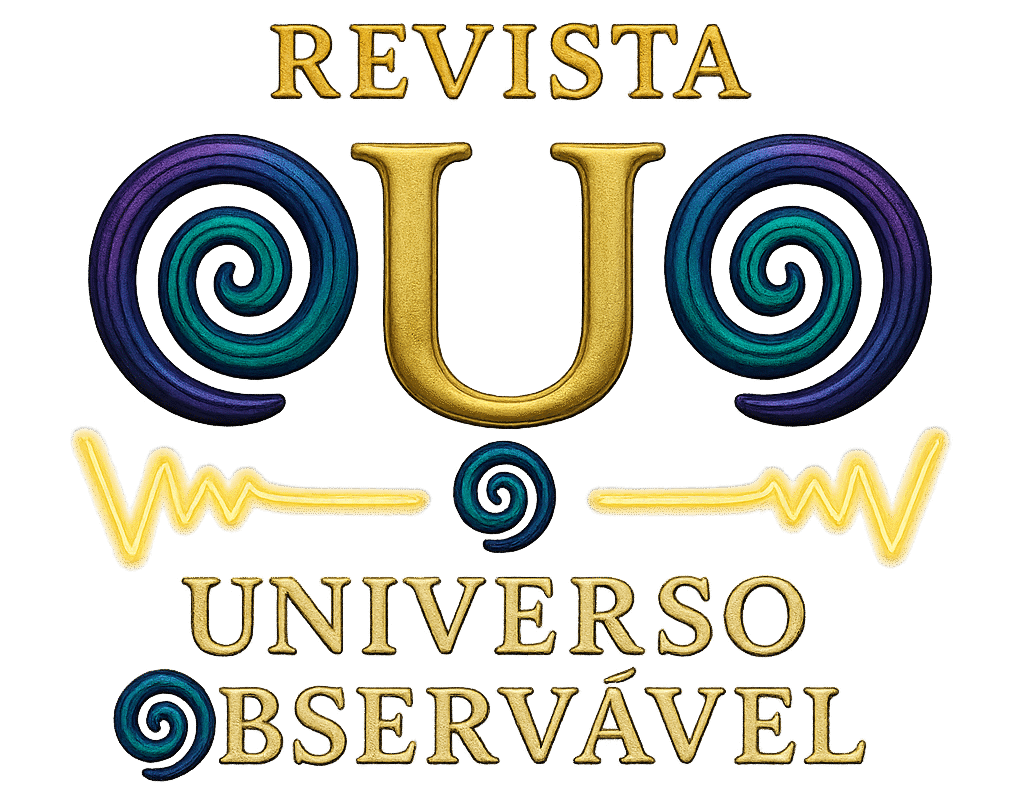ISSN: 2966-0599
v.1, n.6, 2024 (Outubro)
METADADOS
DOI: 10.5281/zenodo.14014374
Author: Viviane Mallmann(1) ; Lucas Wagner Ribeiro Aragão(2); Rogério César de lara da Silva(3)
Biography: (1)Licenciado em Ciências Biológicas pela Universidade Estadual de Mato Grosso do Sul, 2009-2013;. Mestre em Recursos Naturais Estadual do Mato Grosso do Sul (2015-2017);. Doutor em Recursos naturais pela UEMS-Naviraí (2019-2023).(2)Pela Universidade Estadual de Mato Grosso do Sul (UEMS): Licenciada em química (2009-2013), mestra em RECURSOS NATURAIS (2015) – Bolsista CAPES e Doutora em RECURSOS NATURAIS (2020) – Bolsista FUNDECT/PIBAP. Pela universidade Estácio, cursando Farmácia (2021-2025). (3)Graduação: Química UEM/PR (1995-1998); Mestrado: Química UEM/PR (1999-2001); Doutorado: Química – UNICAMP/SP (2001-2005); Pós-doutorado: Química Analítica – UNICAMP/SP (2006 a 2007); Linha de Pesquisa: Produtos Naturais; Docente Permanente da UEMS, Universidade Estadual do MS.
E-mail:
(1)lucas_wagner_1@hotmail.com; (2)dravivianemallmann@gmail.com
ABSTRACT: This work demonstrates through classroom practice the importance of developing environmental themes from preschool, as critical beings need to be nurtured from childhood. For this purpose, Piaget’s constructivist theory was utilized, viewing knowledge as a construction arising from the subject’s action in interaction with the object of knowledge. It aims to illustrate the connection between the broader and more specific mechanisms of human intelligence as action within interaction. Paulo Freire’s pedagogy aligns with this, showing paths for education grounded in praxis, where educator, student, and reality must be intertwined, with none being more important than the other. Learning is facilitated when concepts are worked on through objects that are not only part of the child’s life but also carry significant historical meaning for them. This work also reflects on Marx’s idea of class society, emphasizing the need to understand one’s position and the interplay of interests that shape society as a whole.
Keywords: Environmental Education; Constructivism; Critical Thinking; Paulo Freire; Class Society

